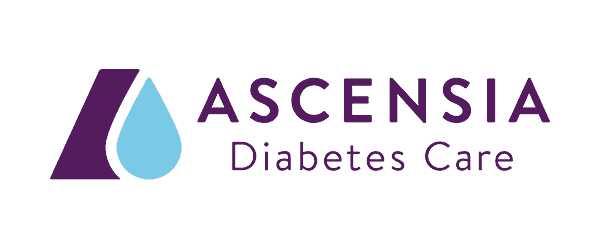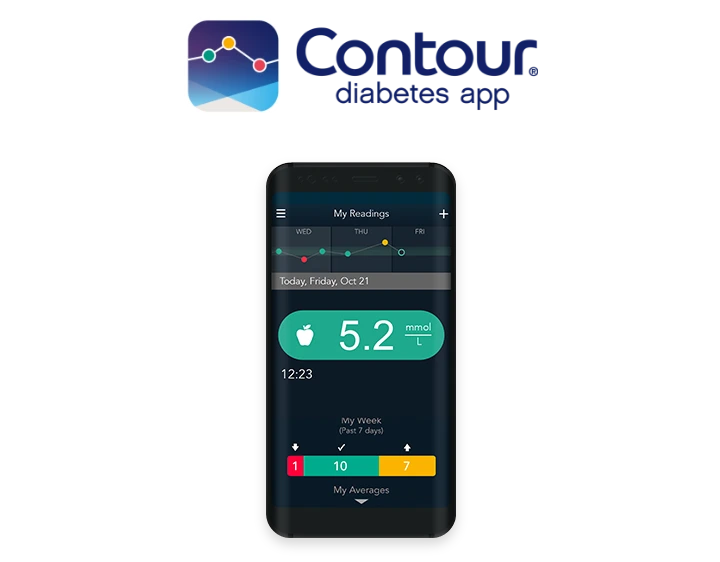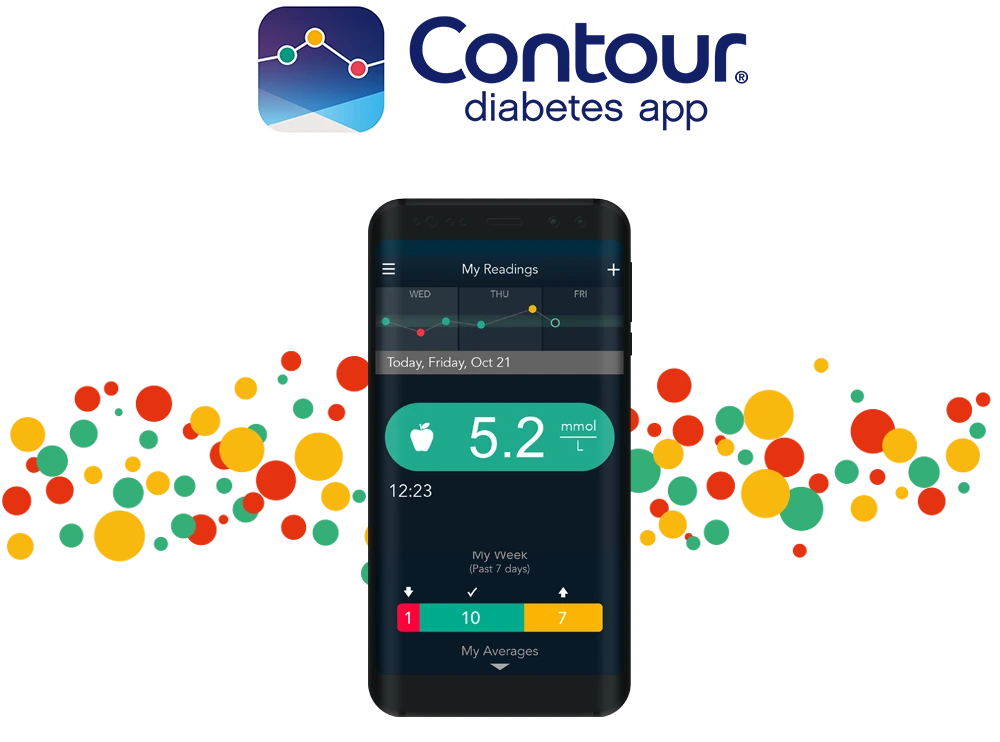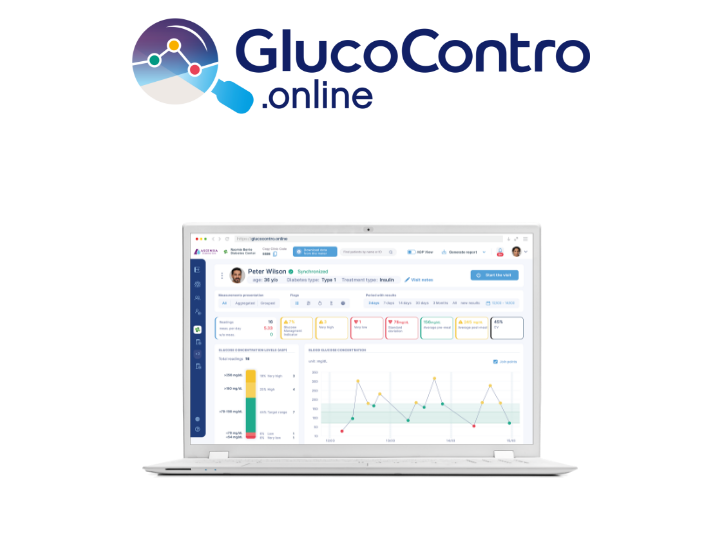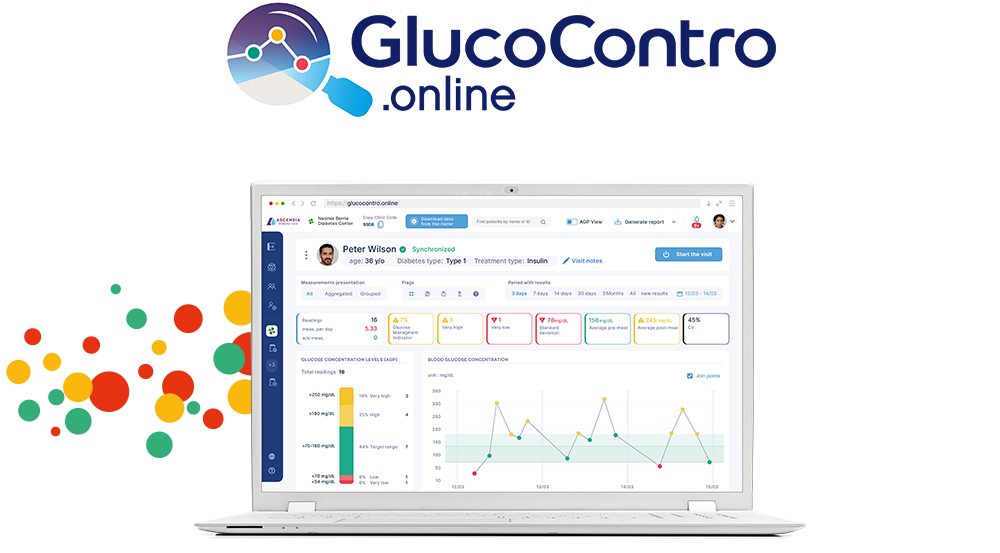These are challenging times for us all and at Ascensia Diabetes Care, the health and safety of our users and employees is our number one priority.
We are continuing to monitor the global impact of the COVID-19 outbreak and are taking all appropriate measures to keep our employees safe and minimise the effect on people who rely on our products and services.
At present, there appears to be no immediate impact on the supply of our test strips and meters, and we do not anticipate any short-term issues related to the supply of these products due to COVID-19. This is a very dynamic situation with new information and guidance being issued from authorities on a regular basis. We will assess the situation on an ongoing basis to determine what further actions we need to take and will issue any revised information (https://www.ascensia.com/coronavirus-information-center/)
People with diabetes can request their prescriptions as normal from their healthcare professional and pharmacies are working hard to fulfil these requests. We are ensuring that our distributors who supply your local pharmacist are well stocked with our testing strips and all CONTOUR® products.
If you need more information or assistance with your CONTOUR® meter, we are here to help and our Ascensia Diabetes Care support team can be contacted on 0345 600 6030 (UK) or 1890920111 (Ireland).
